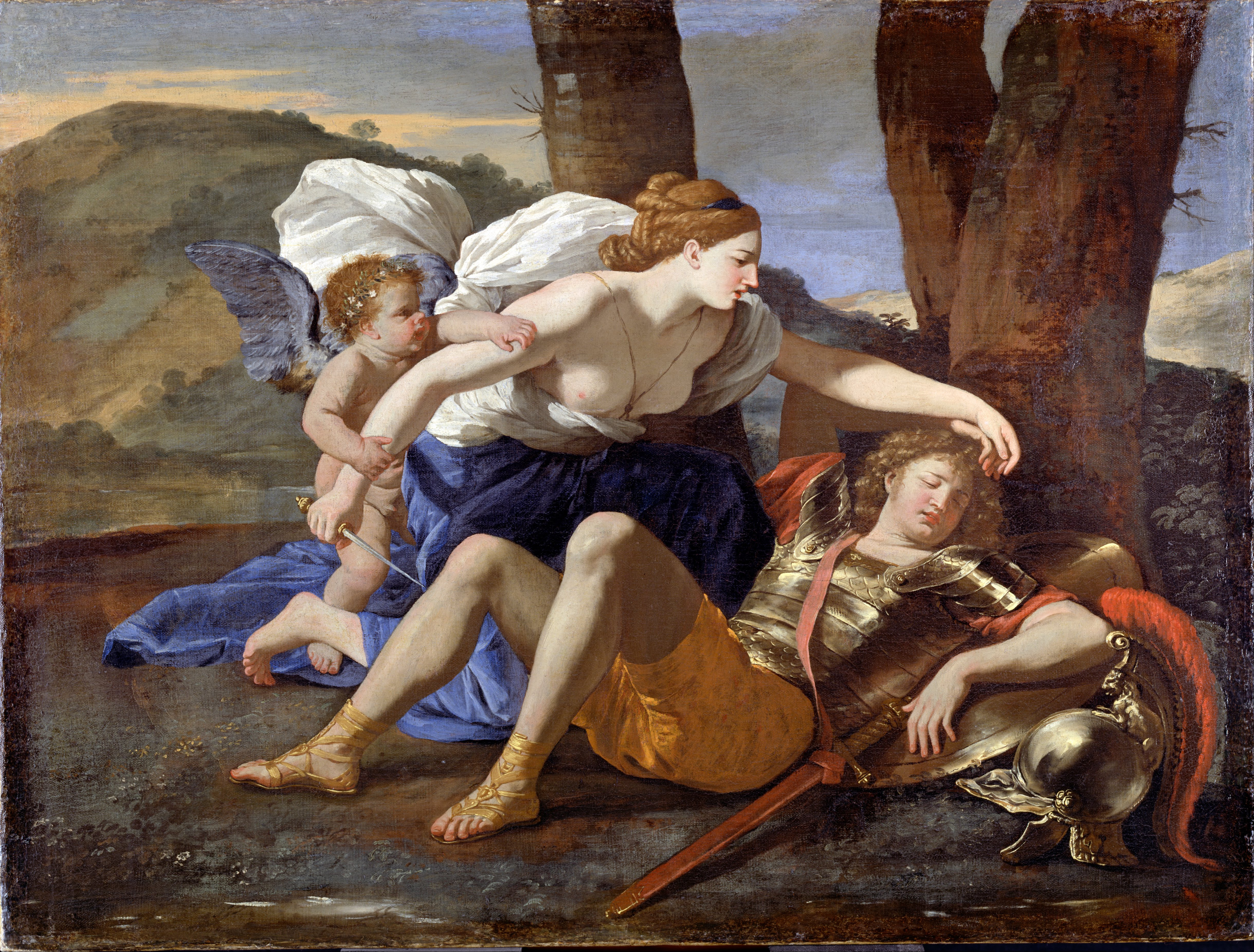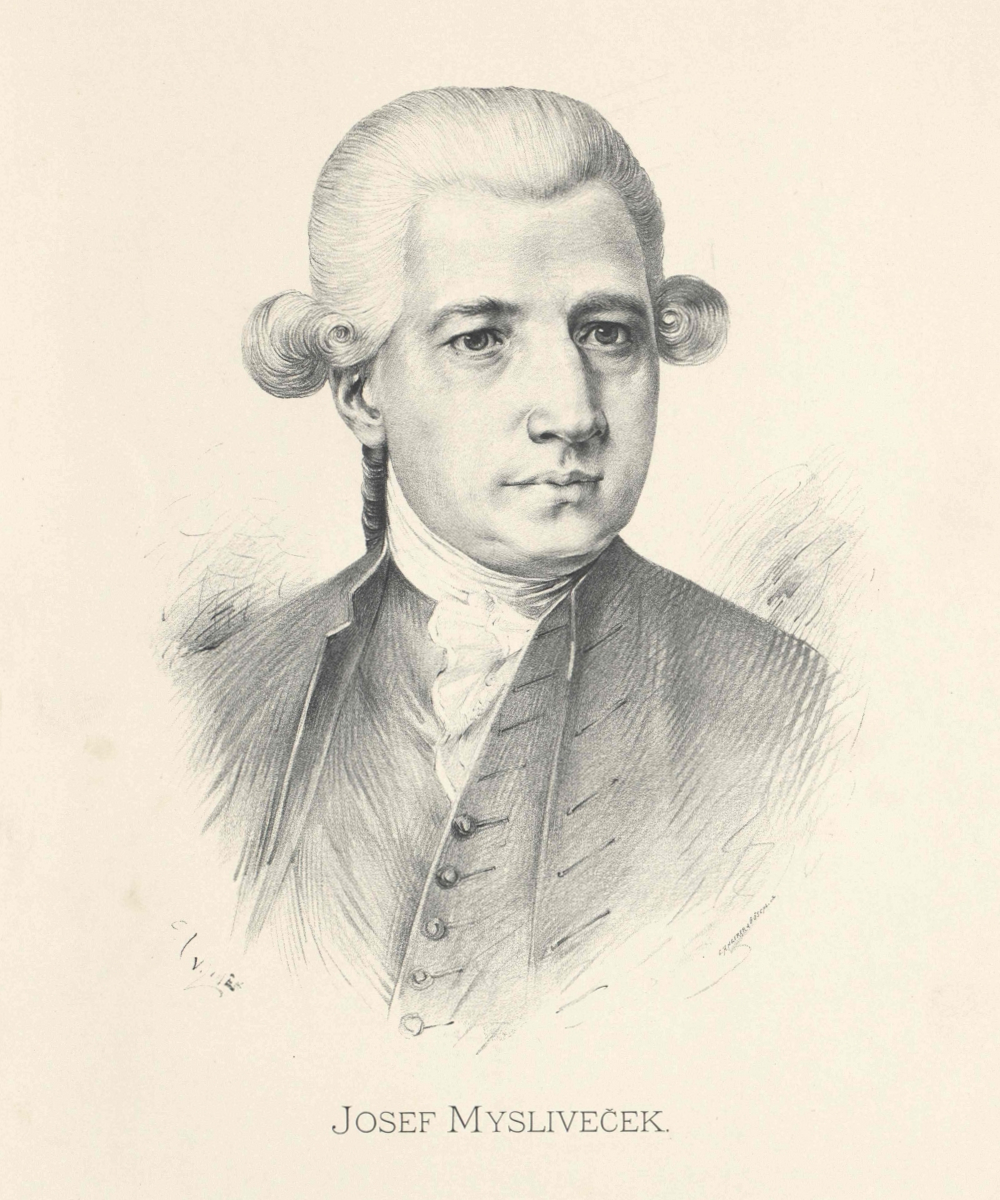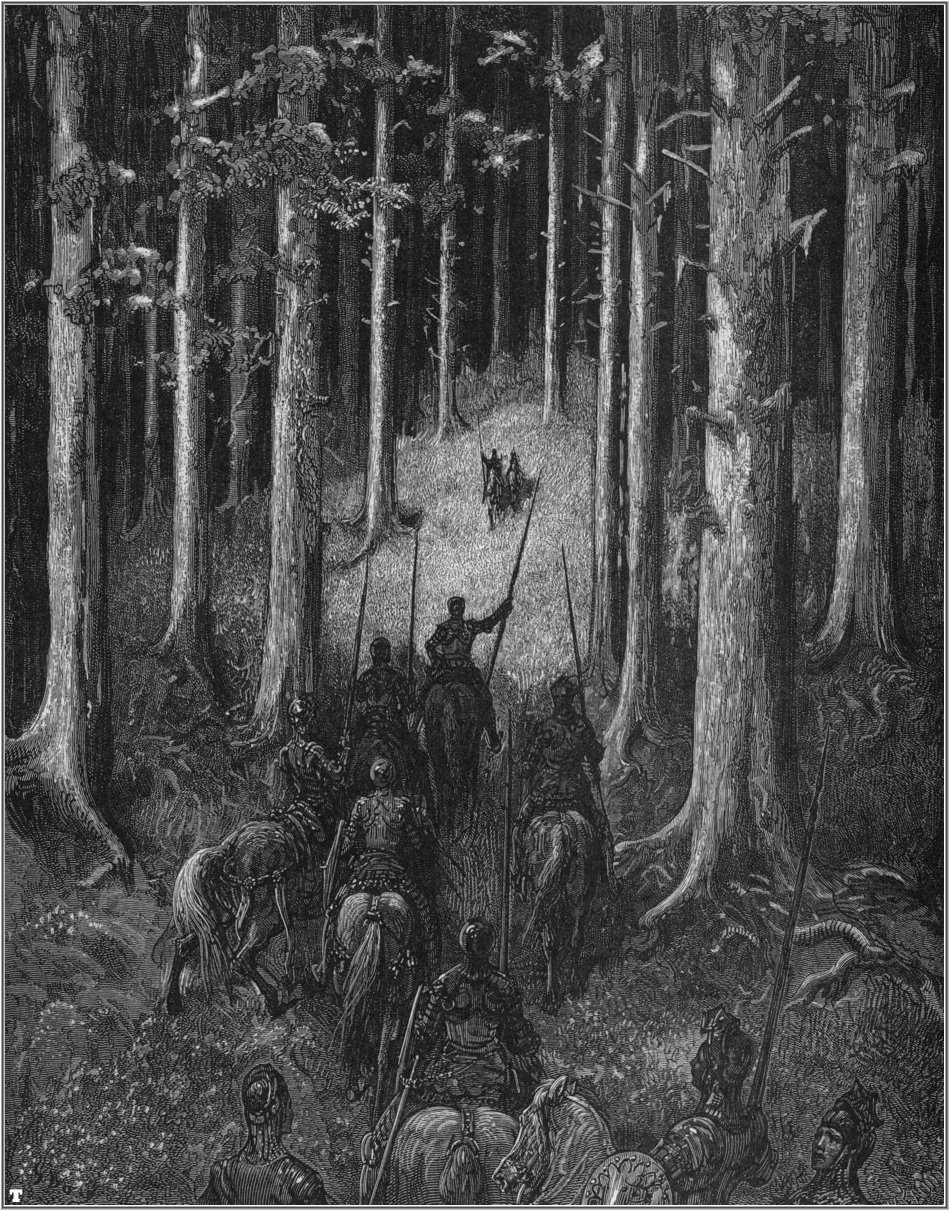|
Armida
Armida is the fictional character of a Saracen sorceress, created by the Italian late Renaissance poet Torquato Tasso. Description In Tasso's epic ''Jerusalem Delivered'' ( it, Gerusalemme liberata, link=no), Rinaldo is a fierce and determined warrior who is also honorable and handsome. Armida has been sent to stop the Christians from completing their mission and is about to murder the sleeping soldier, but instead she falls in love. She creates an enchanted garden where she holds him a lovesick prisoner. Eventually Charles and Ubaldo, two of his fellow Crusaders, find him and hold a shield to his face, so he can see his image and remember who he is. Rinaldo barely can resist Armida's pleadings, but his comrades insist that he return to his Christian duties. At the close of the poem, when the pagans have lost the final battle, Rinaldo, remembering his promise to be her champion, prevents her from giving way to her suicidal impulses and offers to restore her to her lost thron ... [...More Info...] [...Related Items...] OR: [Wikipedia] [Google] [Baidu] |
Jerusalem Delivered
''Jerusalem Delivered'', also known as ''The Liberation of Jerusalem'' ( it, La Gerusalemme liberata ; ), is an epic poem by the Italian poet Torquato Tasso, first published in 1581, that tells a largely mythified version of the First Crusade in which Christian knights, led by Godfrey of Bouillon, battle Muslims in order to take Jerusalem. Tasso began work on the poem in the mid-1560s. Originally, it bore the title ''Il Goffredo''. It was completed in April, 1575 and that summer the poet read his work to Duke Alfonso of Ferrara and Lucrezia, Duchess of Urbino. A pirate edition of 14 cantos from the poem appeared in Venice in 1580. The first complete editions of ''Gerusalemme liberata'' were published in Parma and Ferrara in 1581. Tasso's choice of subject matter, an actual historic conflict between Christians and Muslims (albeit with fantastical elements added), had a historical grounding and created compositional implications (the narrative subject matter had a fixed endpoin ... [...More Info...] [...Related Items...] OR: [Wikipedia] [Google] [Baidu] |
Armida Abbandonata
''Armida Abbandonata'' (''Armida Abandoned'') is an opera in three acts by the Italian composer Niccolò Jommelli. The libretto, by Francesco Saverio De Rogatis, is based on the epic poem ''Jerusalem Delivered'' by Torquato Tasso. The opera was first performed at the Teatro San Carlo, Naples, on 30 May 1770. The young Wolfgang Amadeus Mozart was in the audience. He described the work as "beautiful but too serious and old-fashioned for the theatre". Nevertheless, despite a lukewarm reception at its premiere, ''Armida abbandonata'' was widely performed throughout Italy in the following years. Roles Synopsis ;Act 1: The Courtyard of Armida's castle, a drawbridge is visible. The two Crusader-knights Rambaldo and Tancredi do battle while Erminia, in love with Tancredi and disguised in the armor of Clorinda (Tancredi’s beloved) and with the visor down, tries to stop them. Rambaldo has lured Tancredi into Armida’s castle and when Erminia asks Tancredi to lay down his arms, he do ... [...More Info...] [...Related Items...] OR: [Wikipedia] [Google] [Baidu] |
Rinaldo (opera)
''Rinaldo'' ( HWV 7) is an opera by George Frideric Handel, composed in 1711, and was the first Italian language opera written specifically for the London stage. The libretto was prepared by Giacomo Rossi from a scenario provided by Aaron Hill, and the work was first performed at the Queen's Theatre in London's Haymarket on 24 February 1711. The story of love, war and redemption, set at the time of the First Crusade, is loosely based on Torquato Tasso's epic poem ''Gerusalemme liberata'' ("Jerusalem Delivered"), and its staging involved many original and vivid effects. It was a great success with the public, despite negative reactions from literary critics hostile to the contemporary trend towards Italian entertainment in English theatres. Handel composed ''Rinaldo'' quickly, borrowing and adapting music from operas and other works that he had composed during a long stay in Italy in the years 1706–10, during which he established a considerable reputation. In the years followi ... [...More Info...] [...Related Items...] OR: [Wikipedia] [Google] [Baidu] |
Armida (Mysliveček)
''Armida'' is an opera in three acts by Josef Mysliveček set to a libretto by Giovanni Ambrogio Migliavacca based on an earlier libretto by Philippe Quinault. It is one of many operas set at the time of the Crusades that is based on characters and incidents from Torquato Tasso's epic poem ''La Gerusalemme liberata''. This opera (and all the rest of Mysliveček's operas) belong to the serious type in Italian language referred to as '' opera seria''. It incorporates many elements from the operatic "reform" movement of the 1770s, including short vocal numbers and short choruses incorporated into the fabric of the drama and lavish use of accompanied recitative. Performance history The opera was first performed at the Teatro alla Scala in Milan on 26 December 1779 to open the theater's operatic carnival season of 1780 as one of the earliest operas ever performed there. It was a spectacular failure that necessitated the substitution of many of the arias for works of Giuseppe Sarti ... [...More Info...] [...Related Items...] OR: [Wikipedia] [Google] [Baidu] |
Lost Operas By Claudio Monteverdi
The Italian composer Claudio Monteverdi (1567–1643), in addition to a large output of church music and madrigals, wrote prolifically for the stage. His theatrical works were written between 1604 and 1643 and included List of operas by Claudio Monteverdi, operas, of which three—''L'Orfeo'' (1607), ''Il ritorno d'Ulisse in patria'' (1640) and ''L'incoronazione di Poppea'' (1643)—have survived with their music and librettos intact. In the case of the other seven operas, the music has disappeared almost entirely, although some of the librettos exist. The loss of these works, written during a critical period of early opera history, has been much regretted by commentators and musicologists. Opera, as a musical and theatrical genre, began to emerge during the early part of Monteverdi's career, initially as a form of courtly entertainment. With other composers, he played a leading part in its development into the main form of public musical theatre. His first opera, ''L'Orfeo'', wr ... [...More Info...] [...Related Items...] OR: [Wikipedia] [Google] [Baidu] |
Armida Al Campo D'Egitto
''Armida al campo d'Egitto'' is an opera in three acts by Antonio Vivaldi to a libretto by Giovanni Palazzo. It was first performed during the Carnival season of 1718 at the Teatro San Moisè in Venice. Vivaldi's version is different from the more than 50 operas whose themes derive in varying degrees from the story of Rinaldo and Armida in Torquato Tasso's epic poem ''La Gerusalemme liberata'' (''Jerusalem Delivered'').Jellinek, George (1994) p.,. 354 Unlike the more than 50 operas based on the romance of Rinaldo and Armida, Vivaldi's version starts during previous events before the war against the Crusaders. Armida was revived for the Carnival season of 1738, with much of the music rewritten, and arias by Leonardo Leo added. Act II of the original version of the opera is now lost. Roles Recordings Complete recording with a restored version of Act II: *''Armida al campo d'Egitto'' (Concerto Italiano; Rinaldo Alessandrini, conductor). Label: Naïve OP30492. (2010) The overture ... [...More Info...] [...Related Items...] OR: [Wikipedia] [Google] [Baidu] |
Antonio Salieri
Antonio Salieri (18 August 17507 May 1825) was an Italian classical composer, conductor, and teacher. He was born in Legnago, south of Verona, in the Republic of Venice, and spent his adult life and career as a subject of the Habsburg monarchy. Salieri was a pivotal figure in the development of late 18th-century opera. As a student of Florian Leopold Gassmann, and a protégé of Christoph Willibald Gluck, Salieri was a cosmopolitan composer who wrote operas in three languages. Salieri helped to develop and shape many of the features of operatic compositional vocabulary, and his music was a powerful influence on contemporary composers. Appointed the director of the Italian opera by the Habsburg court, a post he held from 1774 until 1792, Salieri dominated Italian-language opera in Vienna. During his career, he also spent time writing works for opera houses in Paris, Rome, and Venice, and his dramatic works were widely performed throughout Europe during his lifetime. As the Aus ... [...More Info...] [...Related Items...] OR: [Wikipedia] [Google] [Baidu] |
Antonio Sacchini
Antonio Maria Gasparo Gioacchino Sacchini (14 June 1730 – 6 October 1786) was an Italian composer, best known for his operas. Sacchini was born in Florence, but raised in Naples, where he received his musical education. He made a name for himself as a composer of serious and comic opera in Italy before moving to London, where he produced works for the King's Theatre. He spent his final years in Paris, becoming embroiled in the musical dispute between the followers of the composers Gluck and Niccolò Piccinni. His early death in 1786 was blamed on his disappointment over the apparent failure of his opera '' Œdipe à Colone''. However, when the work was revived the following year, it quickly became one of the most popular in the 18th-century French repertoire. Life Childhood and education Sacchini was the son of a humble Florentine cook (or coachman), Gaetano Sacchini. At the age of four, he moved with his family to Naples as part of the entourage of the infante Charles of B ... [...More Info...] [...Related Items...] OR: [Wikipedia] [Google] [Baidu] |
Armida (Salieri)
''Armida'' () is an operatic dramma per musica by Antonio Salieri in three acts, set to a libretto by Marco Coltellini. The plot is based on the epic poem ''Gerusalemme liberata'' by Torquato Tasso. Lully, Handel and Traetta, to name but a few, had already composed operas based on the situations that Tasso originally developed. The plot of all of these, and Salieri's work, is based on the relationship between Armida and the Crusader Rinaldo. Salieri's opera was first performed at the Vienna Burgtheater on 2 June 1771, and his composition was much influenced by the aesthetics of Christoph Willibald Gluck, who attempted to reform ''opera seria'' by tying the drama more closely to the music. Salieri's overture follows the principles set out by Gluck in the preface to '' Alceste''. Other Gluckian influences display themselves in the frequent interplay of soloist and chorus, and the heavy use of chorus overall. Nonetheless, Gluck himself would also go on to produce his own adaptation ... [...More Info...] [...Related Items...] OR: [Wikipedia] [Google] [Baidu] |
Armida (Sacchini)
is an opera seria in three acts with music by Antonio Sacchini set to a libretto by (a.k.a. Giacomo Duranti), based on the epic poem ''Jerusalem Delivered, Gerusalemme liberata'' by Torquato Tasso. The opera was first performed during the 1772 Carnival season at the Teatro Regio Ducale in Milan. In ''Armida'', Sacchini incorporated many elements of French opera, including frequent use of choir, chorus, ballet, and theatrical spectacle on a grand scale. Sacchini later wrote two more operas loosely based on the same story from Tasso: the 1780 London work ''Rinaldo'', and his first French opera, ''Renaud (opera), Renaud'', which was dedicated to Marie Antoinette. Roles References * Opera seria Operas by Antonio Sacchini Italian-language operas Operas based on works by Torquato Tasso Operas 1772 operas {{Italian-opera-stub ... [...More Info...] [...Related Items...] OR: [Wikipedia] [Google] [Baidu] |
Rinaldo And Armida (play)
''Rinaldo and Armida'' is a 1698 tragedy by the English writer John Dennis. A semi-opera it featured music composed by John Eccles. It is inspired by the 1560 epic poem ''Jerusalem Delivered'' by the Italian writer Torquato Tasso, particularly the characters of Rinaldo and Armida. It was performed at Lincoln's Inn Fields Theatre in London by Thomas Betterton's company. The original cast included Betterton as Rinaldo, John Thurmond as Ubaldo, Elizabeth Barry as Armida, Elizabeth Bowman as Urania and Elinor Leigh Elinor Leigh was a British stage actor of the seventeenth century. Born Elinor Dixon, she was billed as Mrs Leigh or Mrs Lee after she married the actor Anthony Leigh in 1671. This has led to some difficulty distinguishing on playbills between h ... as Phenissa.Van Lennep p.505-506 References Bibliography * Van Lennep, W. ''The London Stage, 1660-1800: Volume One, 1660-1700''. Southern Illinois University Press, 1960. 1698 plays English plays West End plays Tr ... [...More Info...] [...Related Items...] OR: [Wikipedia] [Google] [Baidu] |
Rinaldo (Jerusalem Delivered)
Renaud de Montauban (; also spelled ''Renaut'', ''Renault'', Italian: ''Rinaldo di Montalbano'', Dutch: ''Reinout van Montalba(e)n'') was a legendary hero and knight which appeared in a 12th-century Old French ''chanson de geste'' known as ''The Four Sons of Aymon''. The four sons of Duke Aymon are Renaud, Richard, Alard and Guiscard, and their cousin is the magician Maugris (French: ''Maugis'', Italian: ''Malagi'', ''Malagigi''). Renaud possesses the magical horse Bayard and the sword Froberge (Italian: ''Fusberta'', ''Frusberta'', French: ''Flamberge''). The story of Renaud was popular across Europe. The tale was adapted into Dutch, German, Italian and English versions throughout the Middle Ages, inspired the Old Icelandic '' Mágus saga jarls'', and also incited subsequent sequels and related texts that form part of the Doon de Mayence cycle of ''chansons''. Renaud, as Rinaldo, is an important character in Italian Renaissance epics, including ''Morgante'' by Luigi Pulci, ''Orl ... [...More Info...] [...Related Items...] OR: [Wikipedia] [Google] [Baidu] |








